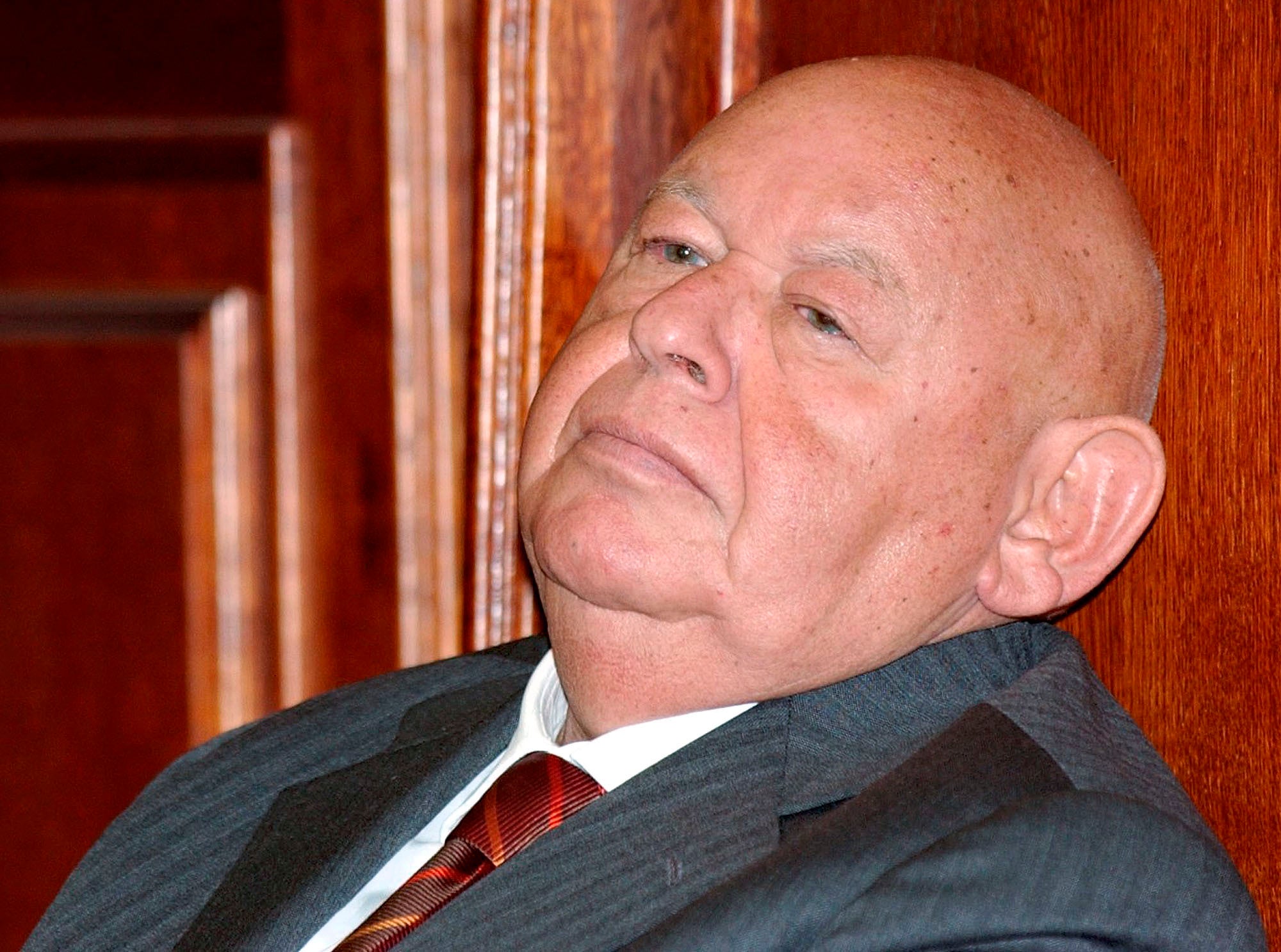Jerzy Urban, spokesman for Polish communist govt, dies at 89
A spokesman for Poland’s communist-era government in the 1980s who masterminded state propaganda and censorship for a regime in the final years before its collapse has died

Jerzy Urban, a spokesman for Poland's communist-era government in the 1980s who masterminded state propaganda and censorship for the regime in the final years before its collapse, has died. He was 89.
His death was announced on Monday by a satirical weekly magazine, “NIE” (Polish for “No"), which Urban founded and led in the post-1989 era.
Urban earned a reputation for sarcasm in the early 1980s when he served as the spokesman for the government of Gen. Wojciech Jaruzelski. He served in that role from 1981, the year of a harsh communist crackdown, to 1989, when communist regimes across central and eastern Europe began collapsing.
Urban launched weekly government news conferences that were broadcast by Polish television and attended by Polish and foreign journalists, making him one of the most prominent and despised faces of the regime.
To many Poles he seemed to personify the government's cynicism and contempt for the country’s citizens.
In 1986, a time of shortages in the communist economy, Urban announced that Poland was collecting blankets and sleeping bags for the homeless of New York City.
Poland's offer to New York followed the U.S. government offering to send powdered milk to Poland to replace fresh milk tainted by radiation from the Chernobyl nuclear power plant disaster in Ukraine, which was then part of the Soviet Union. The U.S. Senate stipulated that nongovernmental agencies in Poland distribute the powdered milk to make sure it got to the people.
Insulted by the stipulation, the Polish government responded with its offer of sleeping bags and blankets for the New York's homeless on the condition that the goods be distributed by private groups. Then New York Mayor Edward I. Koch rejected the offer, calling it foolish.
Jerzy Urban was born in the central Polish city of Lodz on Aug. 3, 1933, the year that Adolf Hitler came to power in Germany, to a Jewish family so well assimilated that he didn't learn of his Jewish roots until after World War II had started.
He made his debut as a journalist in the 1950s, and had a reputation for being provocative even then.
In an 2020 interview with the Polish edition of Newsweek, he described his early commitment to socialism.
“I was a zealous Stalinist, which of course did not mean that I approved of the crimes,” he said.
In the first semi-free elections in 1989, Urban's reputation was such that he failed to win a seat in parliament — even as some other former communist functionaries entered post-1989 political life.
Instead he made a new role for himself as the publisher of “NIE,” the satirical publication, he became a successful and wealthy businessman. He also continued as a provocateur, facing legal suits for publishing pornographic photos and insulting religious feelings in the predominantly Roman Catholic nation.
In 2005, Urban was convicted for insulting Polish-born Pope John Paul II — since made a saint by the Vatican — for a 2002 article in which he mocked the pontiff for continuing to appear in public despite his ailing health.
Bookmark popover
Removed from bookmarks